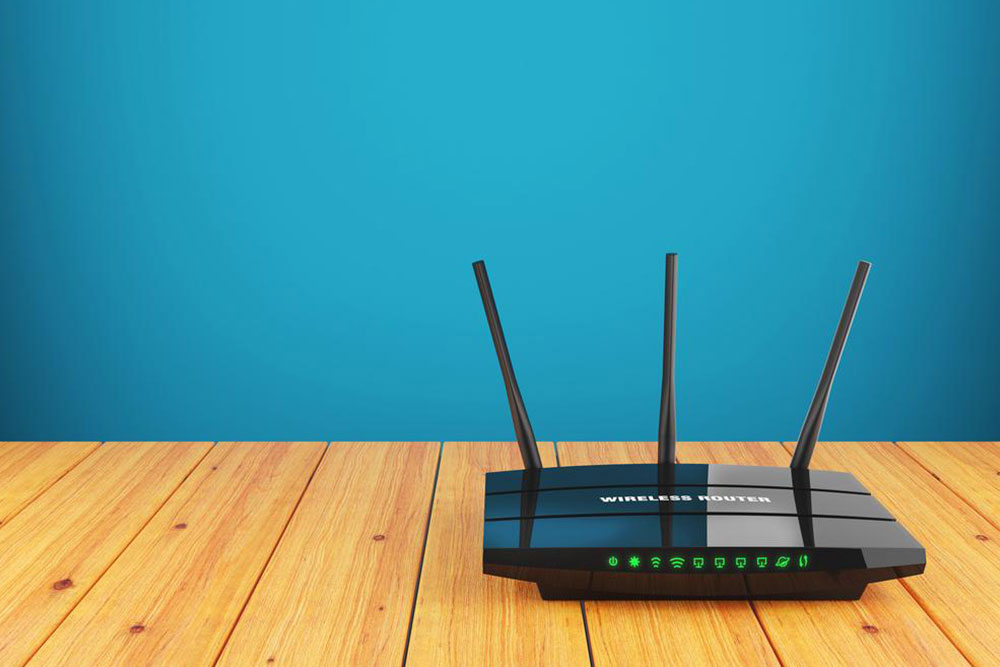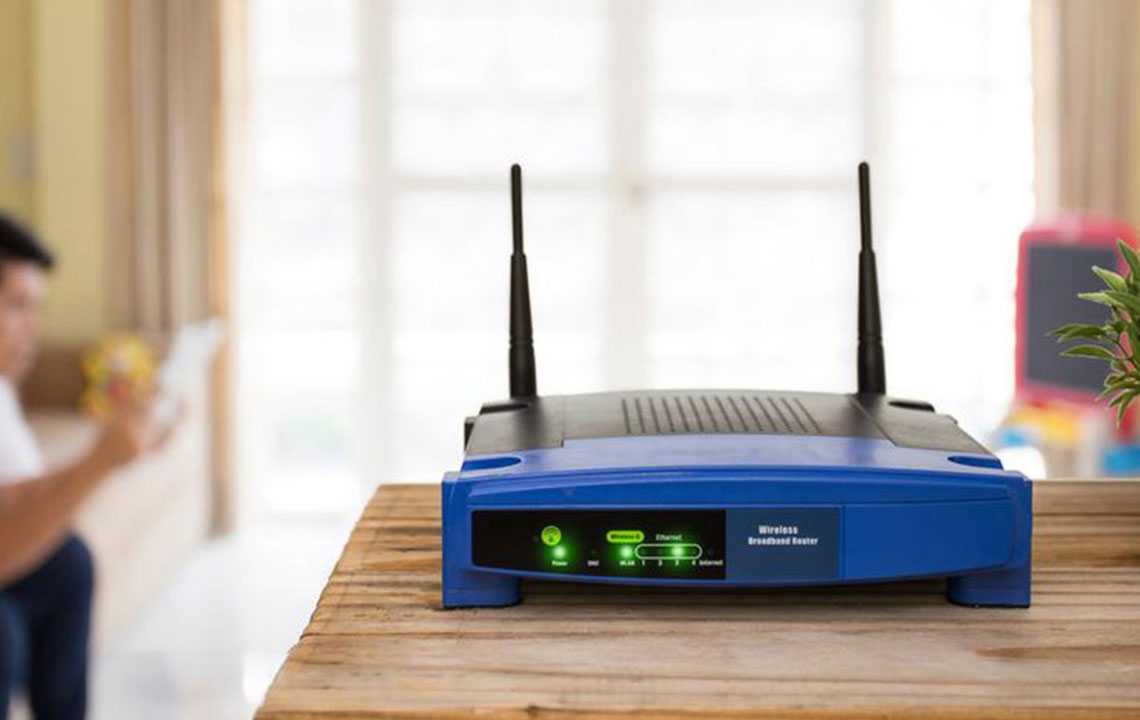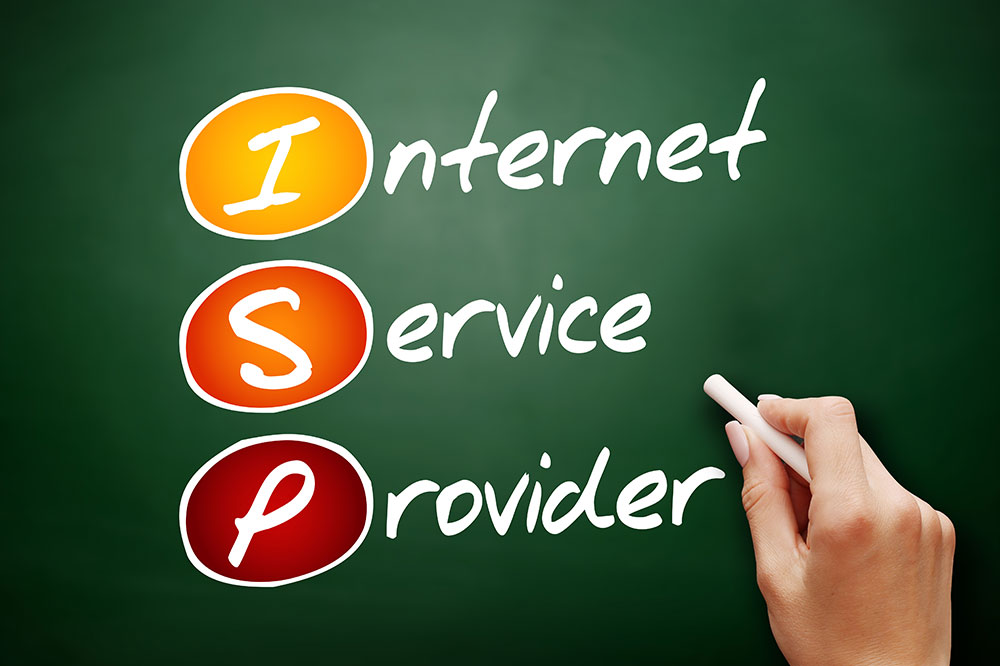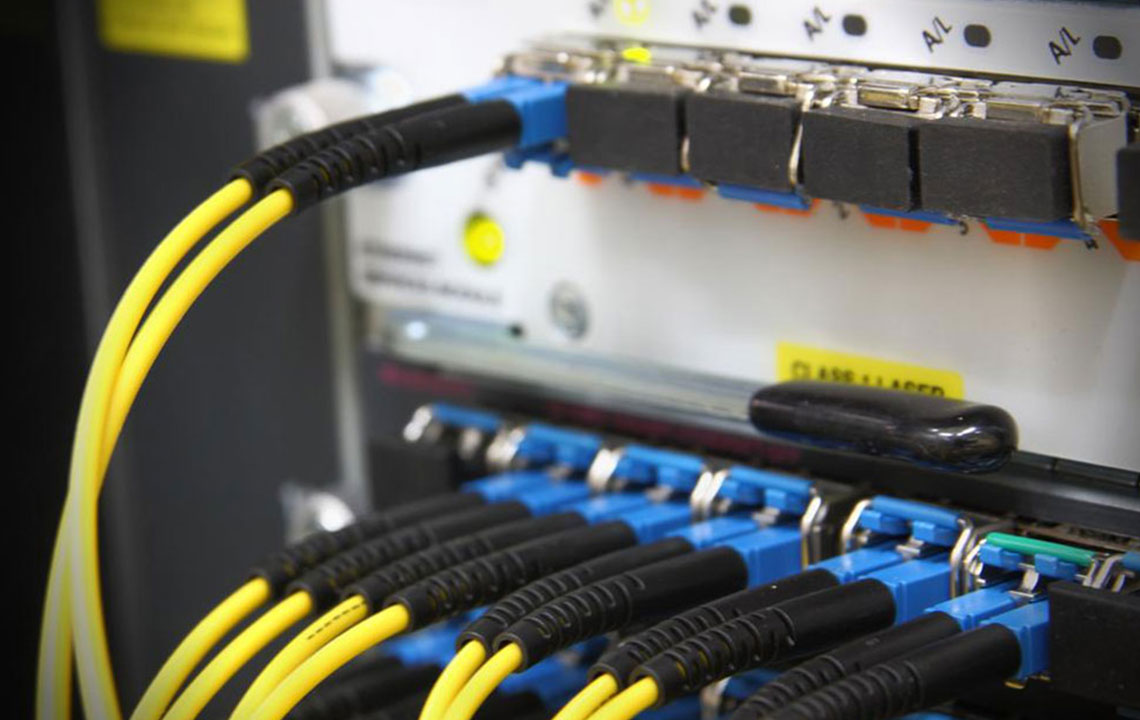Comprehensive Guide to Choosing the Perfect Wi-Fi Internet Service Plan
This comprehensive guide provides essential tips on selecting the ideal Wi-Fi internet plan, covering aspects like usage needs, coverage, costs, speed tests, and extra features. Learn how to evaluate different options to find a plan that offers the best performance and value for your home or business. Make informed decisions to enjoy fast, reliable, and secure internet service tailored to your lifestyle.

Selecting the most suitable Wi-Fi internet package can often feel overwhelming given the numerous options available across different providers. To make an informed choice, it’s essential to evaluate key factors such as coverage, speed requirements, costs, and additional features. In this detailed guide, we will explore the critical aspects to consider when selecting a Wi-Fi plan that best matches your specific needs, whether for casual browsing, streaming, gaming, or business use.
Understanding Your Internet Usage Needs
The first step in selecting a Wi-Fi internet package is assessing your internet consumption patterns. Basic browsing, email, and social media typically require minimal bandwidth, often less than 1 Mbps. If your primary activities involve casual browsing or light usage, a basic plan may suffice, reducing your monthly costs.
However, if you frequently stream HD videos, participate in online gaming, or handle large file downloads, higher internet speeds are necessary. For these activities, plans offering 50 Mbps or more are recommended to ensure smooth performance and avoid buffering or lag. For households with multiple users or smart home devices, even faster speeds may be required to maintain seamless connectivity.
Coverage Area and Service Availability
Before committing to an internet plan, verify service coverage in your residential or commercial location. Urban areas tend to have extensive options, including cable, fiber-optic, and DSL services, providing high speed and reliability. Rural or remote locations might limit options primarily to satellite or fixed wireless services, which could have latency issues or data caps.
Utilize provider coverage maps or contact customer service to confirm availability. This step ensures you select a plan compatible with your address without unexpected surprises during installation.
Cost Analysis and Contract Terms
An important aspect of choosing an internet plan is understanding the total costs involved. This includes installation fees, equipment rental charges, and monthly service fees. Some providers offer promotional rates for initial periods, which may increase significantly afterward. Be cautious of long-term contracts, especially if they include hefty early termination fees.
Flexible plans or month-to-month options can provide greater freedom, allowing you to switch providers or upgrade speeds without penalty. Comparing the total cost over a year or more affords a clearer understanding of affordability and value.
Speed Testing and Performance Verification
Online speed tests are invaluable tools for verifying the actual download and upload speeds provided by your internet service provider (ISP). Conducting these tests during peak and off-peak hours helps assess the consistency and reliability of the connection. Many ISPs publish average speeds, but real-world performance can vary.
Select plans that consistently meet or surpass your required speeds to avoid slowdowns, especially during high-usage periods. Reading customer reviews can also offer insights into the provider’s performance and customer service quality.
Additional Features and Perks That Enhance Your Internet Experience
Many ISPs offer value-added features that can improve your overall internet experience. For example, free or discounted Wi-Fi hotspots enable connectivity on the go. Security tools such as firewalls or antivirus software provide added protection for connected devices.
Some plans include upgraded routers, mesh networks, or parental controls, which can be particularly beneficial for families or businesses. When comparing plans, consider these extras—sometimes a slightly higher monthly fee can deliver significant convenience and security benefits.
Conclusion: Making the Right Choice
Choosing the optimal Wi-Fi internet package requires careful consideration of your specific needs, coverage options, costs, and additional features. By thoroughly evaluating your usage habits and comparing the plans available in your area, you can select a plan that offers the best balance of speed, reliability, and affordability. Remember, the right internet plan can greatly enhance your online experience, whether for streaming entertainment, remote work, or smart home automation. Take the time to research and compare options to ensure a satisfying and seamless internet connection for years to come.





